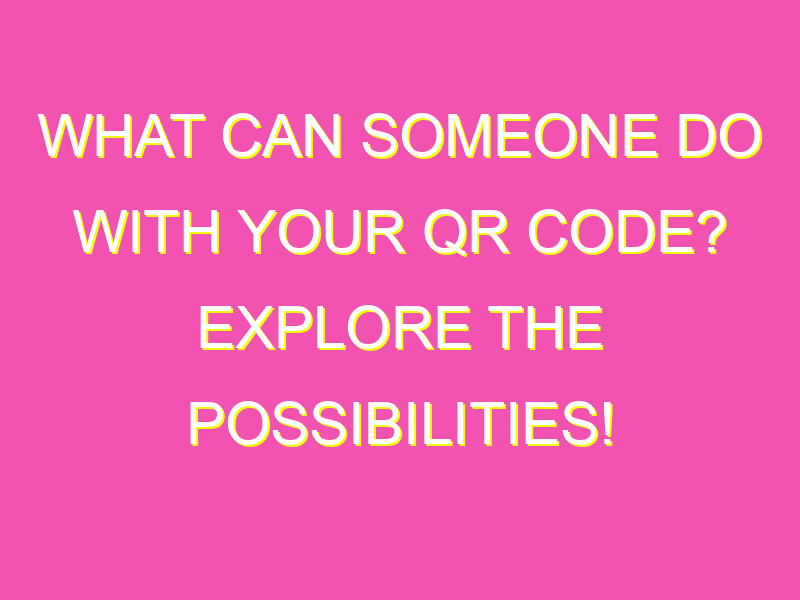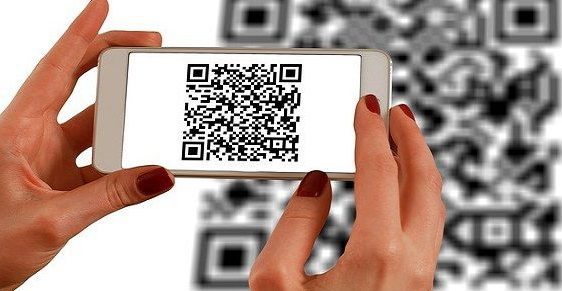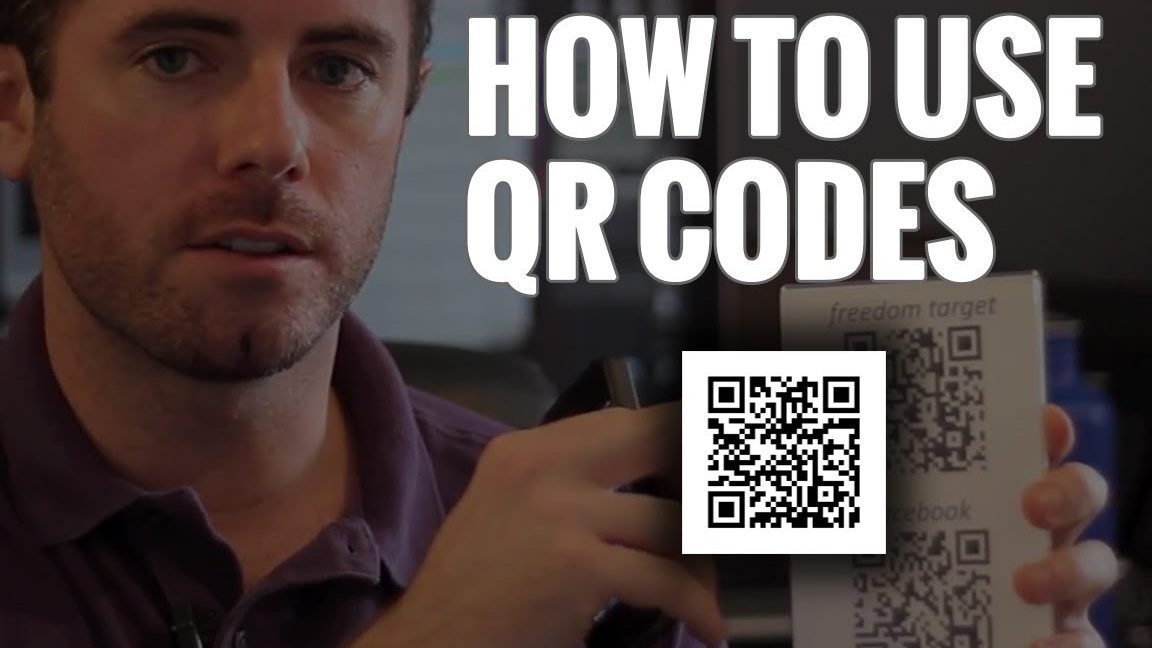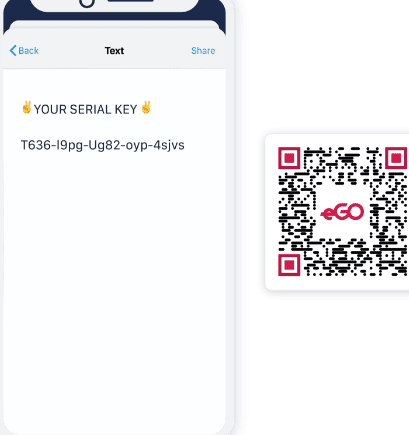Don’t let the convenience of QR codes fool you – they can be a double-edged sword. Sure, they’re a quick way to access information or content, but they can also be a gateway for hackers to wreak havoc on your device. Here are the things that could go wrong if you scan a QR code that’s been tampered with:
But fret not, most QR codes are perfectly safe to use. To avoid any mishaps, just make sure to be cautious when accessing codes from unknown sources and stick to scanning codes only from trusted sources. Don’t let the joy of scanning get turned into a nightmare!
The Darker Side of QR Codes
QR codes have become ubiquitous in the digital age – you can find them everywhere from business cards to billboards to product packaging. They offer a quick and easy way to access information or content, simply by scanning the code with a smartphone camera. However, there is a much darker side to QR codes that many people are not aware of. Malicious actors can use QR codes to install harmful software on your device, track your personal data or documents, and even hold your device ransom. In this article, we will explore the risks associated with QR codes, and what you can do to protect yourself.
Understanding the Risks of Using QR Codes
QR codes are essentially a type of barcode that store information in a square shape, consisting of black and white squares. When you scan a QR code with your smartphone camera, the information is decoded and presented to you. The problem is, you don’t always know what that information might be. Malicious actors can easily create their own QR codes with harmful content, including malware, trojans, and other forms of harmful software. Once you scan the code, the content can be installed on your device without your knowledge or consent.
Malicious Software and QR Codes: What You Need to Know
Malware is a type of software that is designed to harm or disrupt computer systems. When installed on your device through a QR code, it can do a wide range of damage, from stealing your personal data to locking you out of your device. One particularly nasty form of malware is ransomware, which encrypts your files or device and demands a ransom payment in exchange for the decryption key. Scanning a malicious QR code can lead to devastating consequences, and it is crucial to be aware of this risk.
Tip: Be cautious when scanning QR codes from unknown sources, and always make sure your device has up-to-date security software installed.
The Threat of Malware and Trojans in QR Codes
Trojans are another form of harmful software that can be spread through QR codes. These programs disguise themselves as legitimate software or content, but once installed on your device, they can cause all sorts of damage. For example, a Trojan might install spyware that allows a malicious actor to track your keystrokes or browse history, steal your personal data, or even take control of your device. This is a serious threat that should not be taken lightly.
Tip: Before scanning a QR code, make sure you trust the source and only scan codes from reputable sources.
QR Codes and Personal Data: Why You Should be Concerned
QR codes can also be used to access your personal data and documents, including photos and videos. When you scan a code, you might inadvertently grant access to your device’s camera, microphone, or storage. This can allow malicious actors to track your location, listen in on your conversations, or access your private photos and videos. Protecting your personal data should be a top priority when using QR codes.
Tip: Avoid scanning QR codes that ask for access to your device’s camera, microphone, or storage, unless you trust the source and the information you are accessing.
Decrypting Your Device: The Consequences of Scanning a Malicious QR Code
If you do scan a malicious QR code and harmful software is installed on your device, the consequences can be severe. Ransomware can encrypt your files or device, making it impossible to access your data without paying a ransom. Other forms of malware can slow down your device, steal your personal data or documents, or even render your device useless. The cost of repairing a device that has been infected with malware can be significant, both in terms of time and money.
Tip: Always back up your data regularly, so that if something does happen to your device, you can restore it quickly.
QR Codes and E-mail Scams: Avoiding Unwanted Messages
Another risk associated with QR codes is the potential for email scams. Scammers can create QR codes that, when scanned, automatically send an email from your account to theirs. This can lead to a flood of unwanted messages and spam, and can even lead to identity theft. It is important to be vigilant and protect your email account from these types of scams.
Tip: Never scan a QR code from an email or message that you do not trust, and always be on the lookout for phishing scams and other forms of email fraud.
In conclusion, while QR codes can be a useful and convenient way to access information or content, they also come with serious risks. Malicious software, trojans, and other forms of harmful software can be spread through QR codes, along with the potential for access to your personal data and documents. Always be cautious when scanning QR codes, and only do so from sources you trust. By taking these precautions, you can enjoy the benefits of QR codes without putting your device and personal data at risk.





